Altruistic Viruses? Phages Fight Back Against CRISPR Defenses In Bacteria
Although CRISPR has made headlines as a powerful system for editing genes, it actually evolved as way for bacteria to defend themselves against infection by viruses.
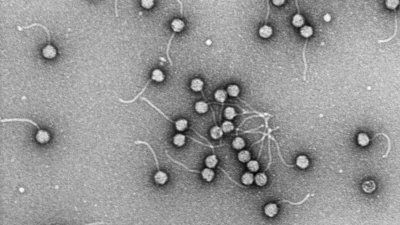
University of California San Francisco
Give to UCSFAlthough CRISPR has made headlines as a powerful system for editing genes, it actually evolved as way for bacteria to defend themselves against infection by viruses.

UCSF researchers discovered fully formed gut and skin cells in the thymus, the organ responsible for training the T cells of the immune system not to attack the body’s own tissues.

Follow-up imaging for women with non-metastatic breast cancer varies widely across the country, according to a new study led by researchers at UCSF.

Study shows that a simplified intervention building on the hypertension treatment algorithm used in KP’s PHASE program can significantly improve rates of blood pressure control in the city’s safety net clinics.

In an achievement that has significant implications for research, medicine, and industry, UCSF scientists have genetically reprogrammed human immune cells without using viruses to insert DNA

An examination of how the adoption of EHRs affected the quality of hospital care between 2008 and 2013 found that mortality rates fell as hospitals learned how to work with the technology.
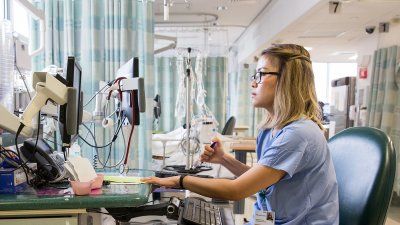
Study of prostate cancer in 202 men, whose cancers had spread and were resistant to standard treatment, found that about 17 percent of these cancers belong to a deadlier subtype of metastatic prostate cancer.

UCSF researchers have identified the sequence of genetic changes that transform benign moles to into malignant skin cancer.

The already famous CRISPR system allows scientists to edit faulty genes by cutting and replacing sections of DNA, but new and improved CRISPR techniques developed at UCSF have expanded CRISPR’s scalpel into a Swiss Army knife.

Experiments using parasitic worms in the mouse gut have revealed a surprising new form of wound repair, a finding that could help scientists develop ways to enhance the body’s natural healing abilities.

For the first time, a drug derived from marijuana has been approved by the Food and Drug Administration, and it may soon offer relief to children with hard-to-treat seizures.
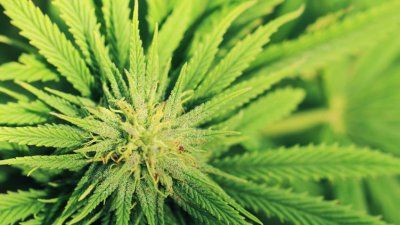
UCSF research team found that having less REM sleep – the sleep that includes more dreaming – was linked to higher chances of developing AF.

Insights into pitch control could pave the way for advanced brain prosthetics that could allow people who can’t speak to express themselves in a naturalistic way.

Researchers identified a protein that cancer cells use as a shield to protect the PI3K pathway against targeted drugs, and showed that blocking this protein allowed previously ineffective therapies to slow cancer cell growth and shrink tumors.

UCSF researchers have identified a key biological pathway in human cancer patients that appears to prime the immune system for a successful response to immunotherapy drugs – checkpoint inhibitors.

UCSF and a newly formed, next-generation nonprofit organization, Health Hub, are announcing their plans to affiliate.

UCSF researchers quantified the effects of Prop 47, which reclassified drug possession offenses from felonies or “wobblers”.

A so-called “jumping gene” that researchers long considered either genetic junk or a pernicious parasite is actually a critical regulator of the first stages of embryonic development.

Scientists have used ultra-high-resolution cryo–electron microscopy to capture the most detailed portrait ever of an opioid drug triggering the biochemical signaling cascade that gives it its power.
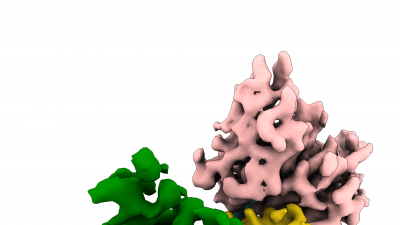
Forty percent of deaths attributed to cardiac arrest are not sudden or unexpected, and nearly half of the remainder are not arrhythmic – the only situation in which CPR and defibrillators are effective.

UCSF scientists have improved mobility in rats that had experienced debilitating strokes by using electrical stimulation to restore a distinctive pattern of brain cell activity associated with efficient movement.

People with severe mental illness are more than twice as likely to have Type 2 diabetes, with even higher risks among patients who are African American or Hispanic, according to a new study led by UCSF.
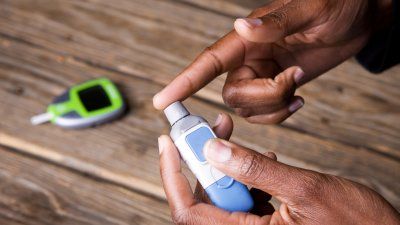
A staggering 64,000 people in the United States died in 2016 from drug overdoses – and a study led by UCSF’s Daniel Ciccarone is aiming to get at the heart of of the problem, including by interviewing opioid users.

As a kindergartener, Nerdette co-host Greta Johnsen was diagnosed with an eye condition that is among the best diseases for experimenting with the gene editing tool CRISPR. This episode follows Greta, her father, and UCSF geneticist and Gladstone Institutes investigator Bruce Conklin, MD, as he tries to develop the perfect CRISPR system to remove the faulty DNA from Johnsen’s eye cells.
The odds of being a frequent user of California’s emergency departments dropped in the two years following the implementation of major provisions of the Affordable Care Act in January 2014.

Young adults who are overweight or obese are twice as likely as their leaner peers to binge and purge, use laxatives or diuretics, or force themselves to vomit as a means of controlling their weight.

Silicon Valley is helping researchers like Wendell Lim move basic science breakthroughs into translational applications, making treatments available to patients faster than normally possible.
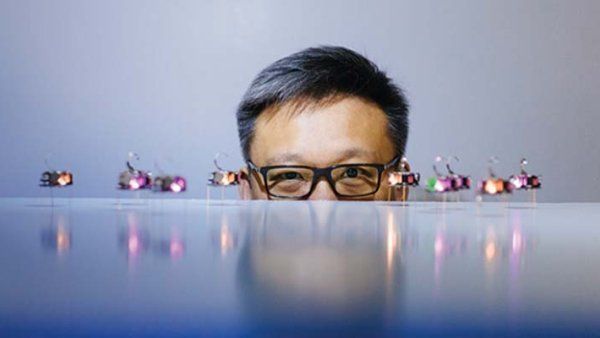
The journey from discovering and developing effective, precise medications to using them correctly and safely in patients is hardly fast and easy. Nor is it a straight shot. Scientists in the UCSF School of Pharmacy are challenging the status quo every step of the way.
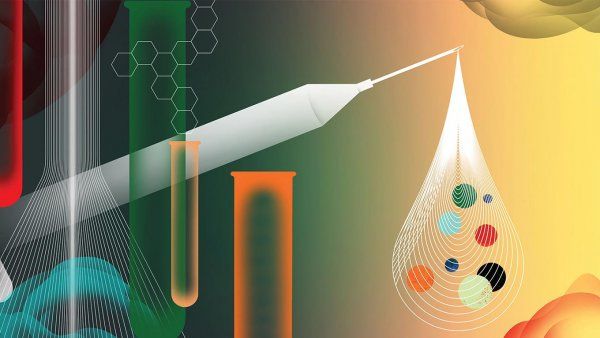
UCSF public health researcher Daniel Ciccarone, MD, shares his quest to understand the nation’s opioid epidemic, one user at a time.

UCSF researchers have discovered that shark and skate electrosensory systems have distinct specializations that match how the animals use their electrical sense in the wild.
